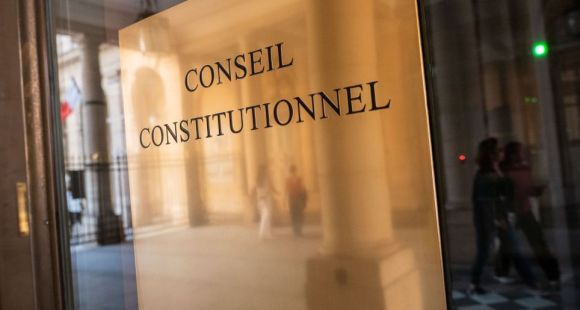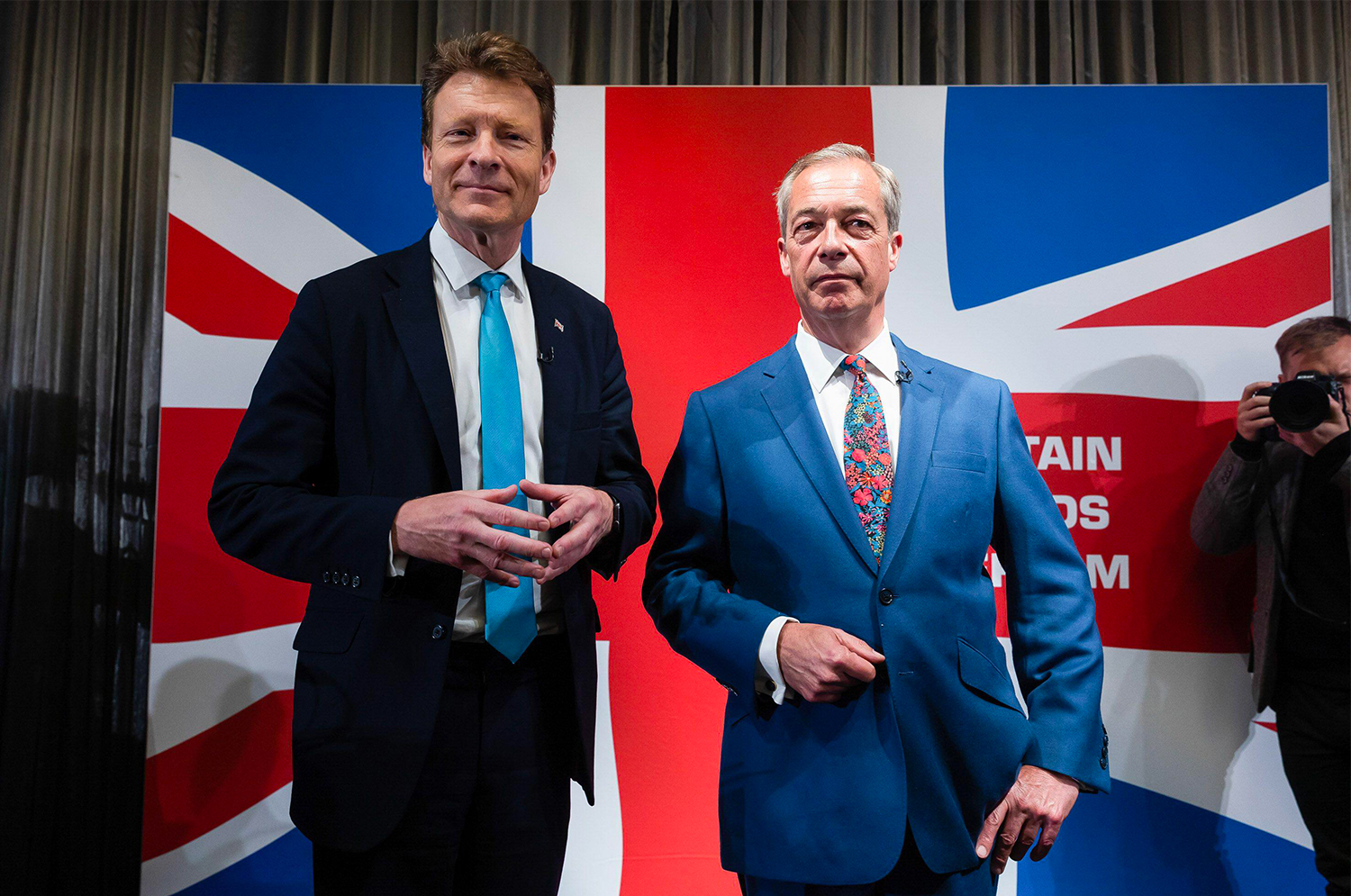Nvidia's CEO Urges Trump Administration To Revise AI Chip Export Regulations

Table of Contents
The Impact of Current AI Chip Export Regulations on Nvidia
The current AI chip export regulations, primarily targeting advanced chips and their export to certain countries like China, have significantly impacted Nvidia's business. These regulations impose stringent licensing requirements and limitations on the sale of Nvidia's high-end GPUs, crucial for artificial intelligence development and deployment. This "AI chip export control" directly affects Nvidia's bottom line.
The consequences for Nvidia are multifaceted:
- Loss of potential revenue streams from specific markets: China represents a substantial market for high-performance computing and AI. Restrictions on exporting advanced AI chips to this market represent a significant loss of potential revenue for Nvidia.
- Increased complexity and costs associated with navigating export controls: Complying with the intricate regulations requires significant resources, increasing operational costs and diverting resources from other crucial business activities.
- Difficulty in meeting growing global demand for AI chips: The restrictions create bottlenecks in the supply chain, hindering Nvidia's ability to meet the escalating global demand for its advanced AI chips, potentially affecting its market share. This impacts not only Nvidia's revenue impact but its overall standing in the AI chip market.
Jensen Huang's Arguments for Revision
Jensen Huang's appeal to the administration for a revision of AI chip export regulations rests on several key arguments. He contends that the current restrictions stifle innovation and ultimately harm US technological leadership.
His core arguments include:
- Promoting American technological leadership: Huang likely argues that overly restrictive regulations hinder American companies from fully leveraging their technological advancements, giving an advantage to competitors in other countries.
- Fostering innovation and preventing the dominance of other countries: By easing restrictions, the US can encourage further innovation in the AI field, preventing other nations from dominating this critical sector. This is crucial for maintaining US technological leadership in the long term.
- Economic benefits of relaxing restrictions: Huang likely emphasized the substantial economic benefits that could result from increased sales and market access, boosting not only Nvidia's revenue but the overall US economy. This argument highlights the economic benefits of adapting AI chip regulations.
Potential Consequences of Maintaining Strict Regulations
Maintaining strict AI chip export restrictions carries substantial risks for the US tech industry and its global competitiveness in AI. The consequences extend beyond Nvidia, impacting the entire landscape.
If the regulations remain stringent or become even stricter, we could see:
- Loss of market share to competitors in other countries: Other nations, free from such stringent restrictions, could gain a significant advantage, potentially leading to a shift in global dominance in AI.
- Hindrance to AI research and development: Limited access to advanced AI chips could slow down AI research and development within the US, impacting innovation across various sectors.
- Reduced US influence in the global AI landscape: A weakened US AI sector would inevitably lessen the nation's influence and leadership in the global AI landscape, potentially affecting national security and economic competitiveness.
Potential Solutions and Alternatives to Current Regulations
Finding a balance between national security concerns and the promotion of innovation requires a nuanced approach to regulating AI chip exports. Several alternative solutions could mitigate the negative impacts of overly strict regulations. These potential "AI chip export control solutions" include:
- Targeted restrictions on specific technologies or end-users: Instead of broad restrictions, regulations could target specific technologies deemed to pose a higher risk or specific end-users suspected of malicious intent.
- Increased collaboration with allied countries to share intelligence and control exports: Working with allies to coordinate export controls could enhance effectiveness while minimizing the impact on legitimate businesses.
- Investment in domestic AI chip manufacturing to reduce reliance on foreign suppliers: Boosting domestic manufacturing could reduce reliance on foreign suppliers and strengthen the US's position in the global AI chip market. This addresses concerns over national security and economic growth.
Conclusion: The Future of Nvidia and AI Chip Export Regulations
The debate surrounding AI chip export regulations highlights a critical need for a balanced approach. Jensen Huang's call for revision underscores the significant impact these regulations have on Nvidia and the broader US tech industry. Revising the regulations could unlock significant economic benefits, foster innovation, and maintain US technological leadership. However, it is equally critical to address national security concerns through targeted and collaborative strategies. The future of Nvidia, and indeed the US's competitiveness in the global AI landscape, depends on finding a solution that successfully navigates these competing priorities. Learn more about the debate surrounding AI chip export control and regulation reform to form your own informed opinion on this crucial aspect of tech policy. The future of AI and national security hinges on a responsible and balanced approach to AI chip export control.

Featured Posts
-
 Nouvelle Loi Sur Les Partis Algeriens Analyse Des Reactions Du Pt Ffs Rcd Et Jil Jadid
May 03, 2025
Nouvelle Loi Sur Les Partis Algeriens Analyse Des Reactions Du Pt Ffs Rcd Et Jil Jadid
May 03, 2025 -
 Reforming Mental Healthcare Prioritizing Patient Well Being
May 03, 2025
Reforming Mental Healthcare Prioritizing Patient Well Being
May 03, 2025 -
 Reform Uk Nigel Farages Influence And Future Prospects
May 03, 2025
Reform Uk Nigel Farages Influence And Future Prospects
May 03, 2025 -
 Securing Your Place In The Sun A Step By Step Guide To Overseas Property Purchase
May 03, 2025
Securing Your Place In The Sun A Step By Step Guide To Overseas Property Purchase
May 03, 2025 -
 Westmeath Examiner Loyle Carners 3 Arena Show Announced
May 03, 2025
Westmeath Examiner Loyle Carners 3 Arena Show Announced
May 03, 2025
